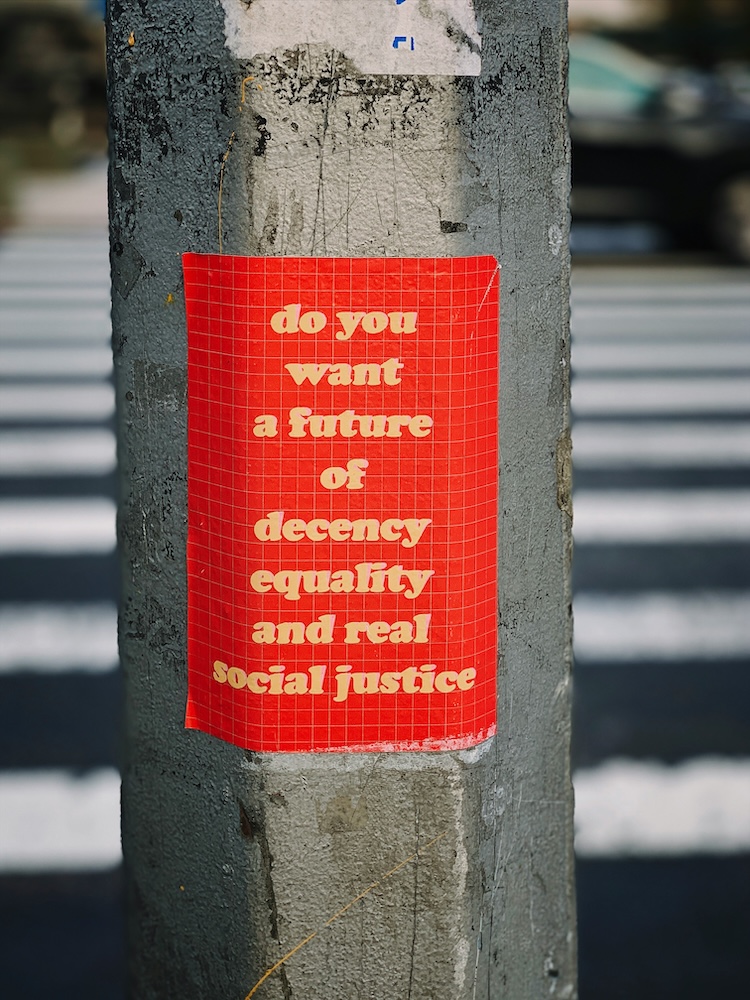In January 2025, a stroke of the pen in the Oval Office sent shockwaves through the nation. President Donald Trump’s executive orders dismantling Diversity, Equity, and Inclusion—commonly known as DEI—initiatives marked a pivotal moment in the ongoing debate about diversity in the workplace. Critics warned that these policies would unravel decades of progress, leaving underrepresented communities vulnerable. But what if the reality is more complicated?
Yaah! peels back the layers of DEI initiatives to uncover a reality that challenges conventional wisdom. From performative allyship to the struggles of marginalized job seekers, we explore the surprising impact of Trump’s rollback—and what it reveals about the state of diversity in America’s workplaces.
The Corporate Response
The executive orders mandated the closure of all DEI offices within federal agencies and revoked affirmative action mandates in federal contracts. By prioritizing so-called ‘merit-based’ hiring practices, the orders shifted the focus away from proactive diversity efforts. The move aims to eliminate what Trump’s administration called ‘divisive ideologies,’ but critics argue it undermines decades of progress. These policies effectively erase safeguards designed to ensure equitable opportunities, leaving many to wonder if ‘merit-based’ is just a euphemism for maintaining the status quo.
Some corporations are preemptively curbing their DEI efforts, fearing potential repercussions under the new legal landscape.

While these orders targeted federal agencies, the private sector was not immune. Companies reliant on government contracts began scaling back their DEI initiatives. Retail giants like Target and Walmart cited legal and financial uncertainties as reasons for reducing commitments. As these roles face significant reductions in companies nationwide, some are beginning to wonder: Was the promise of DEI ever truly realized?
The “Diversity Hire” Stigma
Despite corporate promises, the stigma surrounding DEI persists. The term ‘diversity hire’ is often wielded as a weapon, undermining the achievements of professionals from underrepresented groups; being labeled as a ‘diversity hire’ to perpetuate tokenism, and fueling biases, particularly against highly qualified professionals. Even overqualified candidates face skepticism about their abilities. The perception is that they were hired to check a box, not because they earned their seat at the table.
But Was DEI Really Working?
DEI programs have long been touted as critical tools for fostering equity and inclusion, yet their effectiveness has often been called into question. Despite significant investments in DEI programs, many organizations did not see substantial improvements in workplace diversity or inclusion. For instance, a 2006 study in the American Sociological Review found that diversity training and evaluations were among the least effective methods for increasing the representation of women and minorities in management positions.
Research reveals the persistence of bias in hiring practices, forcing many applicants to take drastic measures. A study published in Administrative Science Quarterly found that minority applicants who ‘whitened’ their resumes were significantly more likely to receive callbacks. 25% of Black candidates received callbacks when their resumes were whitened, compared to only 10% for unaltered resumes.
The “LinkedIn Catfish” Experiment
In a revealing experiment, Aliyah Jones, an African American job seeker, created a fictitious LinkedIn profile for “Emily Osbourne,” a white persona with identical qualifications. Over eight months, the fabricated profile received 57.9% interview invitations, compared to Jones’ 8.9% callback rate. This stark disparity underscores the racial biases that remain entrenched in hiring practices.
If applicants feel compelled to conceal their identities to secure fair consideration, then who was benefiting from DEI initiatives?
The Perception Deception
Concerns have even been raised regarding the demographic composition of individuals occupying DEI-specific roles. Notably, a significant proportion of these positions held by white individuals.
Behind the veneer of progress lies a stark reality: many DEI positions—roles designed to advocate for marginalized groups—have been filled by individuals who are not from those groups. According to a recent report by Revelio Labs, more than 76% of DEI leadership roles are held by white individuals, with Black professionals representing just 3.8%.
Moreover, the recent trend of layoffs affecting DEI professionals, particularly those hired during the heightened focus on racial equity post-2020, raises questions about the long-term commitment of organizations to diversity and inclusion even prior to Trump taking office. The fact that many remaining positions are occupied by white individuals reveals a surprising fact; if DEI wasn’t helping people of color then Trump’s DEI policies aren’t really impacting people of color after all.

The DEI Paradox
Trump’s policies have faced strong criticism for undermining equity, but upon closer examination, a curious truth began to emerge. The reduction in DEI roles—and the white-dominated leadership within them—raises questions about who these policies are really affecting. Trump’s policies may have accelerated the reduction of DEI, but the design of these programs—their leadership, their focus, their execution—suggests that the impact on people of color has always been limited.
The paradox: Despite the intent to dismantle DEI, the immediate effect of President Trump’s policies is the elimination of DEI roles predominantly held by white individuals. This demands a critical examination of reactionary outrage and calls for a deeper, more urgent question: Why are we truly upset? Is it because we’re losing DEI or that it was never working for us in the first place? Only by challenging the effectiveness of diversity initiatives and raising the real urgent questions about progress and equity in the workplace can we align our efforts to actually impact real and meaningful change.




Leave a Reply